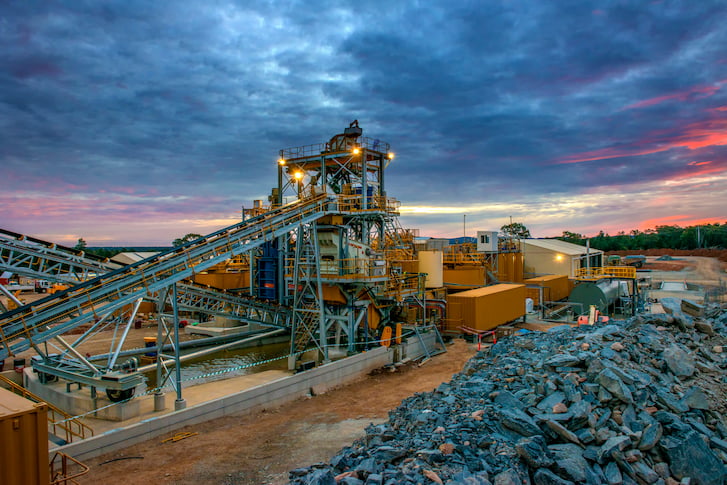Late Apple founder Steve Jobs once said: “A lot of times, people don’t know what they want until you give it to them.”
But Jobs was always the exception to the rule. The smarter route is to test your market, rather than aim to create one.
You need to know what you’re jumping into before you’re up to your eyeballs.
A 2014 survey of more than 100 failed start-ups revealed more than 40 per cent of founders felt the main reason things went belly-up was there was “no market need”.
Testing the waters before you jump in helps not only confirm your market, but helps you fine-tune marketing, delivery, pricing and location planning.
It will provide you with some the data to begin formulating a business plan.
Setting up a separate bank account early on will make it easier to track business-related spending from the get go.
There are some basics questions you need answered when starting your business – a good starting point is the ‘First-stage Market Research’ worksheet.
While you may have a general idea, you need hard data. Market research will yield that data, which you can then use to draw up a solid business and marketing plan.
Market research is about maximising your potential for success by minimising unknowns.
Before you begin, you need to define your research goal, methods, timeframe and budget.
The three key areas on which to focus your market research are: customers, competitors and the industry.
Customers
You need to define your market. You may consider employing a professional or conducting some research yourself. It can be on the phone, in person or online. The internet has made online research (through companies such as AYTM or SurveyMonkey) faster and cheaper. Consider questions and your sample size carefully to ensure you get accurate information about who your potential customers are, where they live and how much they will pay for your product.
The Australian Bureau of Statistics can be a good source of information. As a general rule, 100-200 respondents should be a sufficient sample size to provide reliable data for a small area; 400-500 for the metropolitan area and 600-1000 for the whole of Western Australia. You can survey smaller samples, but the data may not be reliable.
Competitors
You should know who and where your competitors are, as well as their weaknesses and strengths. Review their websites (and consumer sites such as productreview.com.au) to view their customer feedback/past clients. Assess their pricing, products and services, and marketing campaigns.
The industry
You will need benchmarking information to assess how your costs and expenses stack up. You may consider buying data from a commercial benchmarking business or see what is available through industry associations. Appraise the state of the industry – is it in growth, decline or transition?
CCI Member Bankwest has released a series of Future of Business reports focused on various industries such as Agriculture, Hospitality, Aged Care and Mining Services.






